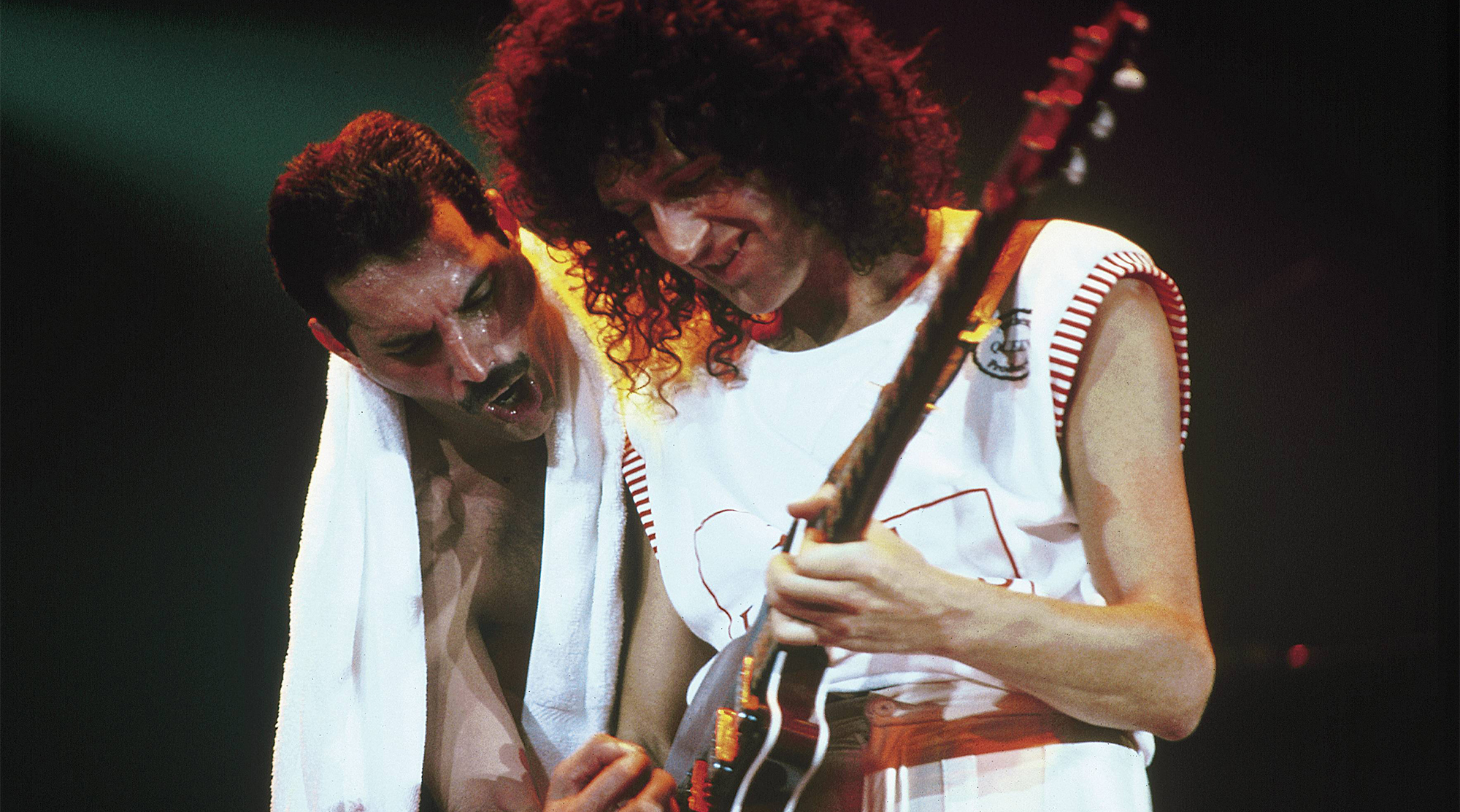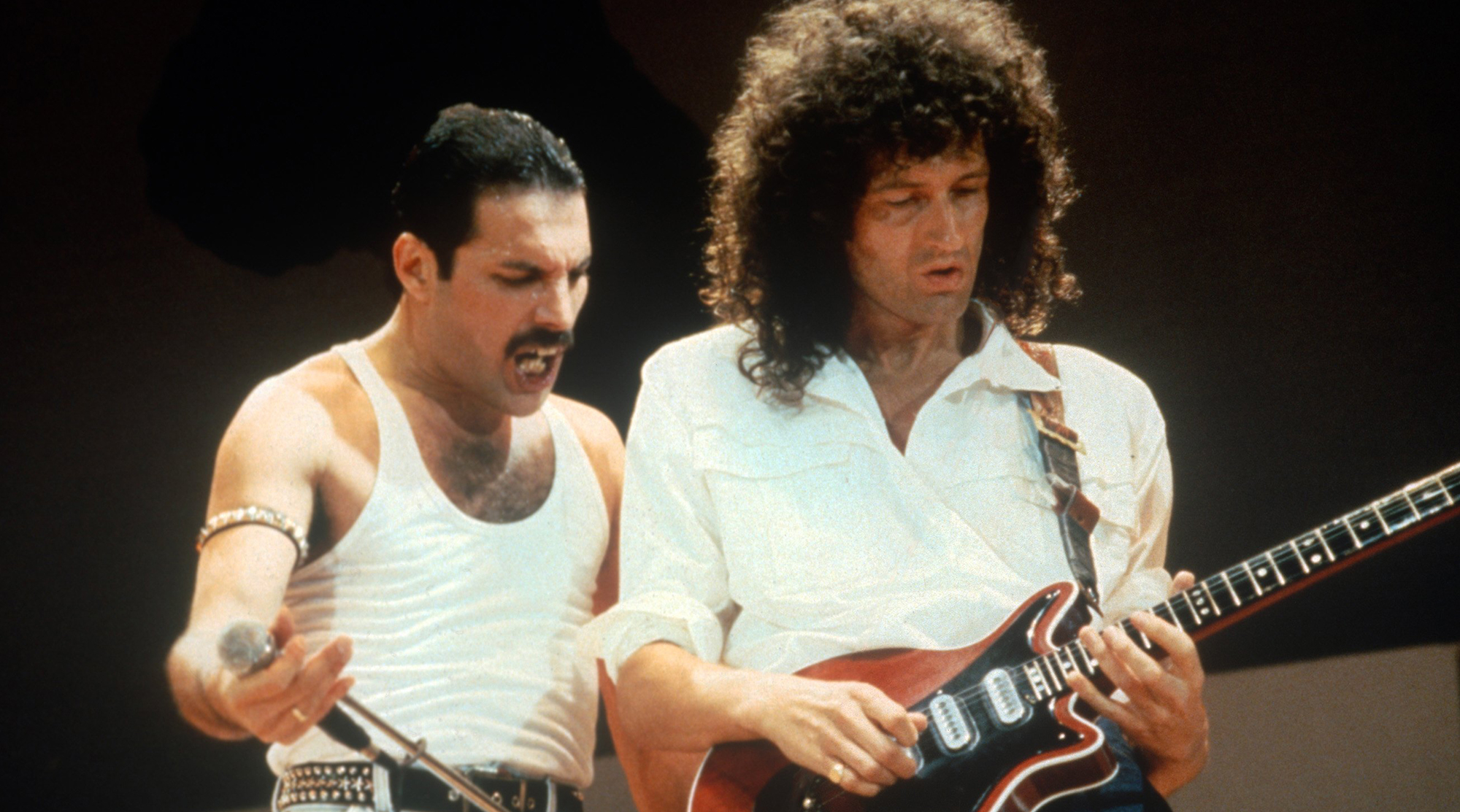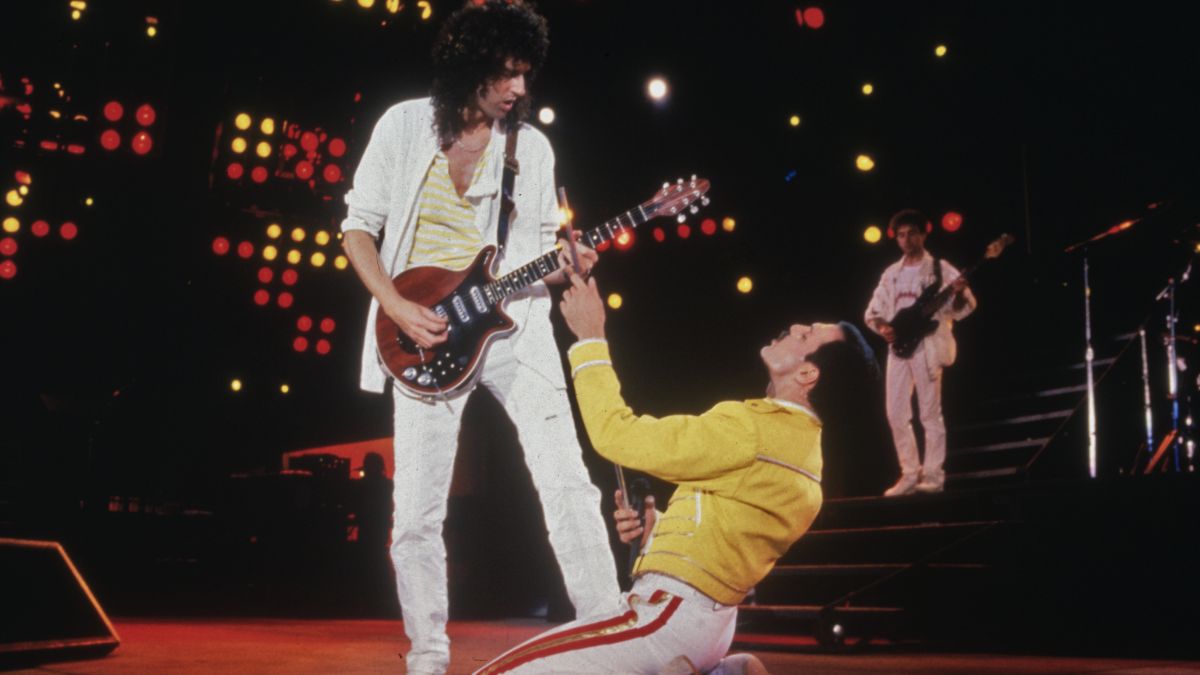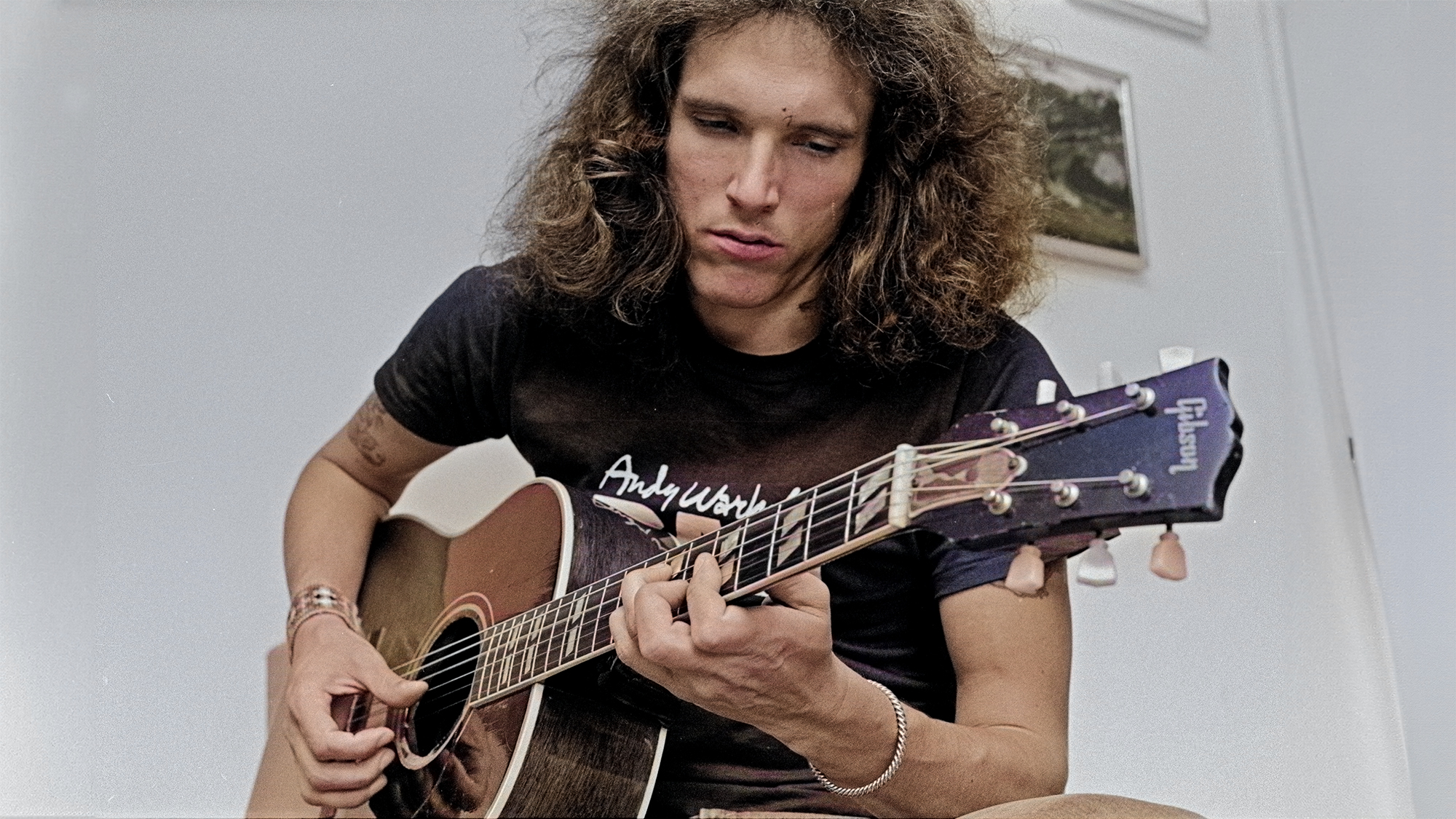“He’s pushing up the guitar more and more, and I’m going, ‘Freddie, are you not overdoing it?’” Brian May on why one of Queen’s most triumphant tracks didn’t need a guitar solo
The song finds May’s guitar parts and Mercury’s vocals locking horns, but he says an out-and-out guitar solo was never considered

Brian May accepted long ago that he'll never be able to shred like Steve Vai or Joe Satriani. As a result, he was forced to reassess his approach to electric guitar pyrotechnics to serve the song rather than his ego.
Despite this, he occasionally found himself at odds with Freddie Mercury when it came to Queen's arrangements. The two men famously disagreed on the need for a guitar solo in “Don’t Stop Me Now.” The band’s eccentric frontman deemed it was a “piano song,” while May thought it would benefit from a spot of lead guitar.
But when it came to “We Are the Champions,” the guitarist tells Total Guitar such a thought never crossed his mind. Ironically, though, Mercury felt the track needed an obtrusive guitar part to fight with his vocals, making the arrangement consistent with the song's theme.
“It’s a strange story,” May explains. “I’d done the rhythm part for that, and sort of forgotten about it. And then I think we were in Wessex Studios, and it came quite quickly to the time when we were going to mix it, and I suddenly realized... there’s not really any lead guitar on there.’”
In response, he says, “I put in those answering pieces — the lead guitar responses to Freddie’s vocal, particularly at the end. Also, those little bell chimes–type things in the second verse.”
Unfortunately, when May and Mercury sat down to finalize the mix, the guitarist says, his new lead parts clashed with the vocals.
“On that song, the last couple of choruses have guitar going through them,” May told Mojo in 2017. “We were very wary of that, because we liked order in our music. But the guitar in that case was kind of competing with Freddie’s vocal.
All the latest guitar news, interviews, lessons, reviews, deals and more, direct to your inbox!

“In those days it was all manual mixing, and we both had our fingers in that mix. And strangely enough, Freddie had his hand on my guitar, and I had my hand on his vocals. He’s pushing up the guitar more and more, and I’m going, ‘Freddie, are you not overdoing it?’”
Mercury’s answer?
“No. The guitar is fighting with the vocal here, and that’s the way it should be.”
“That song doesn’t have a solo as such,” May adds, “and I don’t think it’s ever needed one.”
In retrospect, he says, a solo might have caused problems with their live show, since he would have to stop playing rhythm, depriving the song of its much-needed power.
“The bottom would drop out of it,” he says. “And I can do a lot with bluff on the night. I can make people think there’s still a rhythm guitar there. But not for very long…”
Indeed, last February, May revealed that, in the band’s early days, he made a pitch for Queen to employ a rhythm guitarist onstage. At that point, his thinking was solely based on confidence — “it took me a long time to feel confident about being the only guitar on stage,” he admitted — but in truth, such a move would only have facilitated more guitar solos.
Without another player to thicken up their sound, May took on a new approach and employed solos only when a track called out for them.
His stance on virtuoso playing harmonizes with comments made by Wolfgang Van Halen. The son of one of the world’s best-loved shredders isn’t averse to lighting up his fretboard, but he says his focus is on songwriting.
“I approach guitar playing more as a producer and more as a drummer than a guitar player,” he explains. “Rhythm is always the first thing for me, and melody is the second.
“A really core thing for me that my dad always instilled is that a solo should be melodically memorable.”

George Harrison, meanwhile, tracked four different solos for "Let It Be" over a one-year period, and today, its guitar tabs are the most viewed as players look to emulate his magic.
Sophie Lloyd has also opened up about the guitar solos that changed her life, and May has picked out his favorite Queen deep cut. It's a “magic” song the band has never played live out of respect for Freddie Mercury.
A freelance writer with a penchant for music that gets weird, Phil is a regular contributor to Prog, Guitar World, and Total Guitar magazines and is especially keen on shining a light on unknown artists. Outside of the journalism realm, you can find him writing angular riffs in progressive metal band, Prognosis, in which he slings an 8-string Strandberg Boden Original, churning that low string through a variety of tunings. He's also a published author and is currently penning his debut novel which chucks fantasy, mythology and humanity into a great big melting pot.

